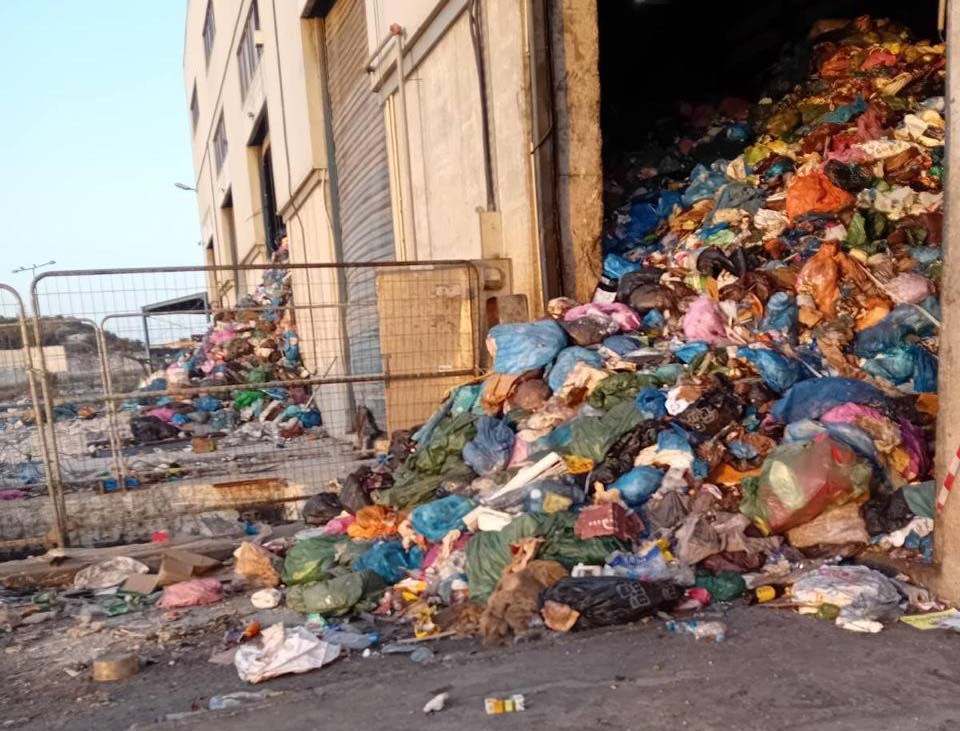
Audit office spokesman Marios Petrides was on a television show last week talking about public tenders and insisting the state’s policy should be to award a contract for public projects to the lowest bidder. He was rather dogmatic about this, in the same way former auditor-general Odysseas Michaelides had been. He never budged from the position that the cheapest is the best for the state, regardless of any other consideration.
The standard practice had always been for the lowest bidder to be given a state contract. It was a good way of ensuring that the government of the day did not favour specific companies and it was a superficial safeguard against corruption. Of course, in the not very distant past, construction companies would take turns to make the lowest bid, so the public projects were distributed among all of them and the lowest bid was the result of collusion rather than competitive tendering.
This type of collusion has been eliminated since bidding was opened to foreign companies, but the arrival of outsiders has not changed the procedures, nor has it eliminated corruption. There was a scandal some years ago when the consultant drafted the technical specs for a multi-million project in such a way that a specific company – which it subsequently emerged he was closely linked to – could land the project. Appeals to the tenders’ board by losing bidders remain common practice and cause major delays for projects.
Worst of all however, is that the practice of giving a project to the lowest bidder remains the only criterion for a final decision. The case of the Pentakomo waste treatment plant illustrated the problem. The European Commission, which partly funded the project, had advised against the government specifying the treatment technology a company would use.
It also advised that the contract was awarded based on a thorough evaluation of the technology that would be used as well as a company’s track record on such projects. Michaelides, in charge of the project at the ministry, completely ignored the Commission’s advice, insisting that the bid should go to the lowest bidder. It was awarded to two companies which made a joint bid, which was by far the lowest.
That they had no experience in waste treatment was ignored and the Pentakomo plant never produced fuel from the treated waste as had been the plan. The waste was buried, when in fact the plant was set up so that the practice of landfilling would stop. The government, aware that the European Commission was carrying out an investigation and could demand the return of its funding, terminated the operation of the plant at the end of last year.
This practice could be one of the reasons the Christodoulides government terminated five major public projects, including Pentakomo. Projects were awarded to the lowest bidder or the highest bidder in the case of the Larnaca port and marina, when the primary concern of the government should always be whether a company has the know-how and expertise to complete a project and make it work. We may have to pay a slightly higher price but it would still be much cheaper than awarding a project to the lowest bidder as we have been finding out recently.
.













